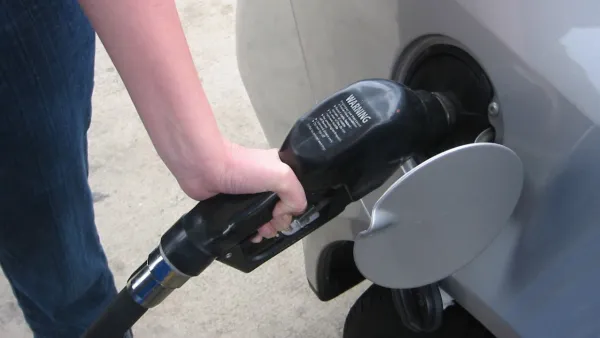There have been a number of federal and state programs to address the housing and foreclosure crisis. While these programs have helped a lot of people and continue to do so, many people that are qualified still have trouble completing these programs.
Over the past ten years, I have worked with hundreds of clients that were facing foreclosure. Many of these people have attempted to apply for and enter into programs such as the Home Affordable Modification Program (HAMP), a federal program set up to help home owners with loan modifications on their home mortgage debt. This program was set up in response to the subprime mortgage crisis and subsequent Great Recession.
The Home Affordable Refinance Program (HARP) allows home owners to refinance their homes and obtain a better interest rate, which can increase their chances of keeping their home. As great as these and other programs are, it has taken a number of years to make sure that qualified applicants successfully enter and complete them, according to an article from July 2015 by Brian Honea on the participation rate of the HAMP program.
Honea states that in 2009, "the Administration estimated the program would help 3 to 4 million struggling homeowners avoid foreclosure and save money with lower mortgage payments. HAMP was originally scheduled to expire at the end of 2012, but has been extended three times. The latest extension allows the program to continue until the end of 2016."
It turns out that the program has directly helped approximately 1.5 million home owners. The number one reason for denials of applications by borrowers is incomplete paper work and/or documentation. This has been streamlined and simplified in order to make the process more productive. A number of other modifications to the program have been made to make the program more successful.
As these changes have been made the program is continuing to help a higher and higher percentage of those facing foreclosure. As the program has become more streamlined and efficient, it would be wise to continue the program past the end of 2016 and possibly make it a permanent program. There will always be those that are delinquent on their mortgages for a variety of reasons. Keeping this program funded and in place would help those people stay in their homes.
It would be a shame to end these programs just as they have become more and more efficient and effective.
FULL STORY: Treasury Clarifies HAMP Participation Numbers

Analysis: Cybertruck Fatality Rate Far Exceeds That of Ford Pinto
The Tesla Cybertruck was recalled seven times last year.

National Parks Layoffs Will Cause Communities to Lose Billions
Thousands of essential park workers were laid off this week, just before the busy spring break season.

Retro-silient?: America’s First “Eco-burb,” The Woodlands Turns 50
A master-planned community north of Houston offers lessons on green infrastructure and resilient design, but falls short of its founder’s lofty affordability and walkability goals.

Test News Post 1
This is a summary

Analysis: Cybertruck Fatality Rate Far Exceeds That of Ford Pinto
The Tesla Cybertruck was recalled seven times last year.

Test News Headline 46
Test for the image on the front page.
Urban Design for Planners 1: Software Tools
This six-course series explores essential urban design concepts using open source software and equips planners with the tools they need to participate fully in the urban design process.
Planning for Universal Design
Learn the tools for implementing Universal Design in planning regulations.
EMC Planning Group, Inc.
Planetizen
Planetizen
Mpact (formerly Rail~Volution)
Great Falls Development Authority, Inc.
HUDs Office of Policy Development and Research
NYU Wagner Graduate School of Public Service



























